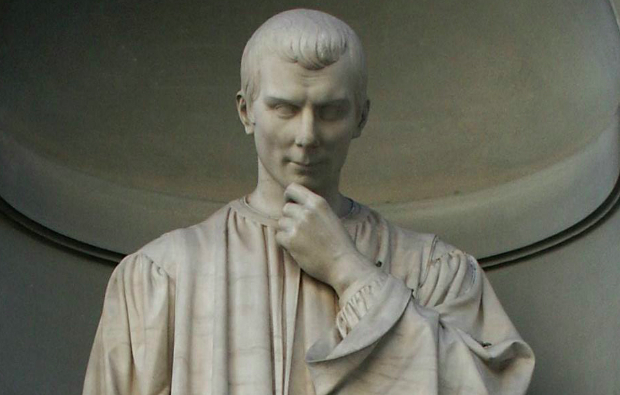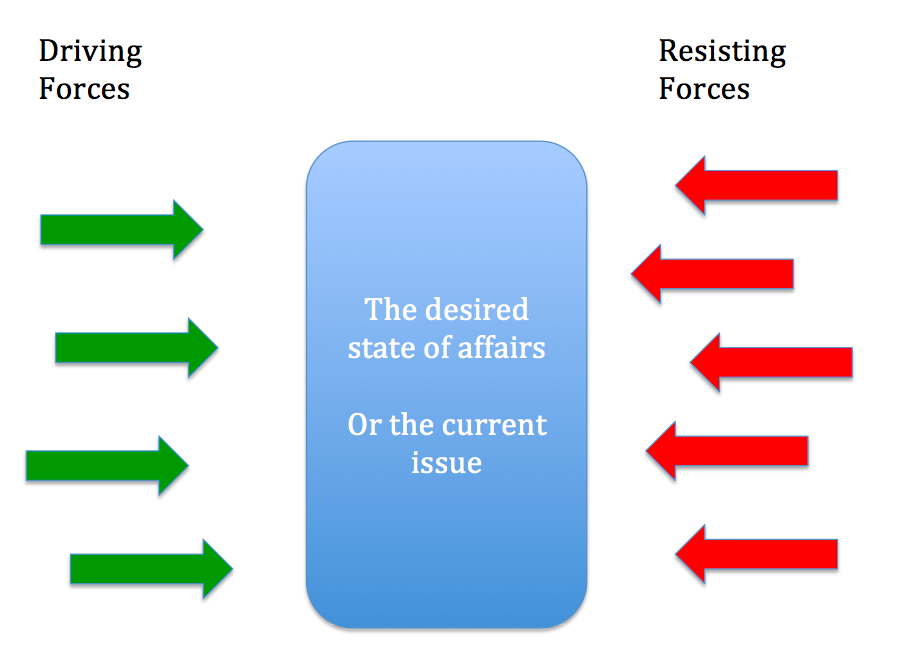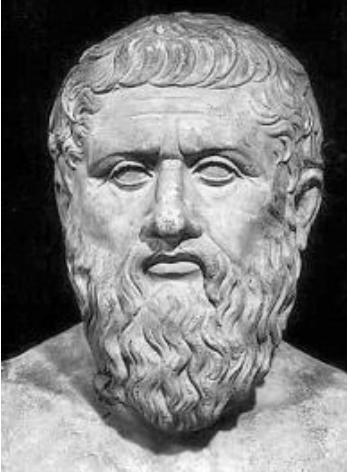
Machiavelli: Change Management
Machiavelli, (The Prince), is often thought of as a ruthless and unscrupulous adviser, but look more closely and it's clear that he knew a thing or two about change management and the difficulty of innovation.

Machiavelli, (The Prince), is often thought of as a ruthless and unscrupulous adviser, but look more closely and it's clear that he knew a thing or two about change management and the difficulty of innovation.

Defining systems thinking is somewhat of an impossible task. There are arguably dozens of possible descriptions and definitions, often with wholly different intent and individual delicate nuance. However, they can be generalised into two schools

Often the typical meeting room is full of people holding a series of conversations that come preloaded with hidden paradigms of belief, expectation and personal ambition. What this means is that the communication taking place

The Four Player Model developed by David Kantor is at the core of the theory of structural dynamics. Structural dynamics is rooted in systems dynamics, and is specifically concerned with how human communication does, or

A circus is a system of complex, beautiful chaos, but sometimes the chaos becomes messy. It’s easy as someone who cares deeply to want to control the monkeys and control the mess, seeking once

Bion suggested that all groups have a subconscious emotional drive that affects their every thought and action. It is determined by the group’s beliefs about ‘who or what will save us from this mess’. He

According to Chris Argyris everyone and everywhere (systems) have an internal 'mental map'. These mental maps influence behaviour, thought and understanding. He calls these mental maps Theories of Action. Theories of Action are made up of

By Emma Loftus No, it's not sci-fi. Force Field Analysis, sometimes called Field Theory, is a change tool developed by the systems theorist and psychologist Kurt Lewin, founded on the principles of Gestaltism and behaviourism.

For Ed Schein approaching change is all about culture. Understand a culture and you can understand how to work with the individuality and identity of that system. According to Schein there are three levels to

In learning about their shared tacit assumptions or governing variables, systems then become able to understand the reasons that problems occur. This learning enables them to identify the things they need to change to overcome

Process Consultation is a practice of intervention and change that is based on the simple principle that learning and change happens better in systems when rather than being told what to do, they are instead


The Allegory of The Cave features as part of Plato's wider work The Republic. It suggests that in an ever changing world with an every changing reality we need to adapt our perception, learn

The purpose of The Learning History is to capture the learning and the experience of 'change' in systems in a way that is people based. It does this by collecting real time information and data,

There's a common maths problem that comes in various guises. The problem illustrates the concept of geometric series, sometimes called deterministic chaos, or more commonly the power of exponential growth. I prefer a term coined